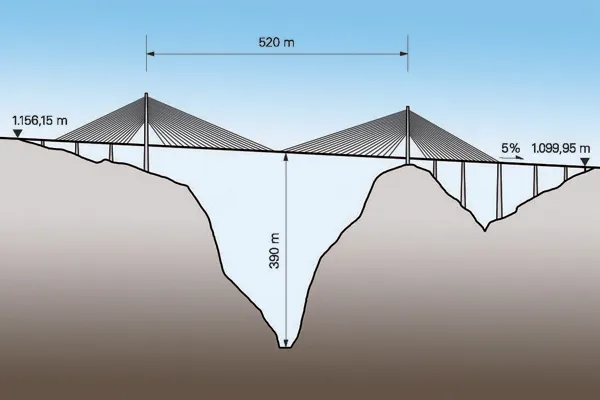A fresh set of problems has hit the long planned Messina Straits Bridge in Italy. There is now reduced funding available for the project from the Italian Government. Some €1.6 billion that had originally been planned for this landmark project is now being used to pay for other infrastructure work, including the Naples-Bari, Foggia-Potenza and Messina-Catania railway. The Messina Straits Bridge project is being handled by a consortium comprising Italian contractor
Because the Italian interdepartmental committee for economic planning (CIPE) has used the €1.62 billion funding for other projects, the future of the Messina Straits Bridge is now in question. This move has been welcomed by environmental associations that are pushing for the Italian Government to reject the project. The Italian Government is considering cancelling all compensation payments agreed in the case of the contract being cancelled. Should the whole project be officially withdrawn, it is possible that no compensation would be paid. With Italy's economy struggling at present, there are questions as to whether the major investment required can be found. This much heralded structure is intended to provide a link between mainland Italy and the island of Sicily. However it has a chequered history that has seen the project being announced as going ahead and then being cancelled on more than one occasion.
Budget cuts affect Messina Straits bridge construction
A fresh set of problems has hit the long planned Messina Straits Bridge in Italy.
March 22, 2012
Read time: 2 mins








